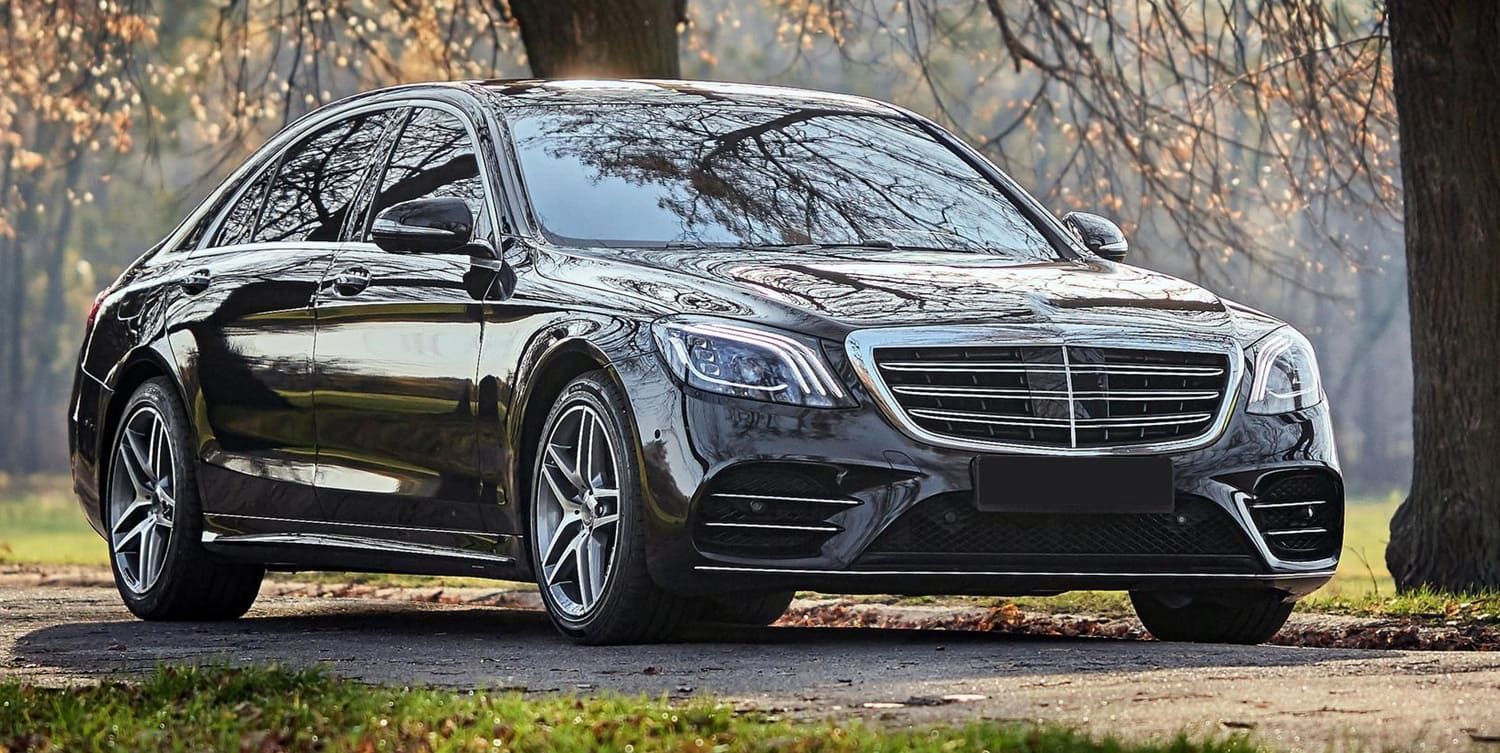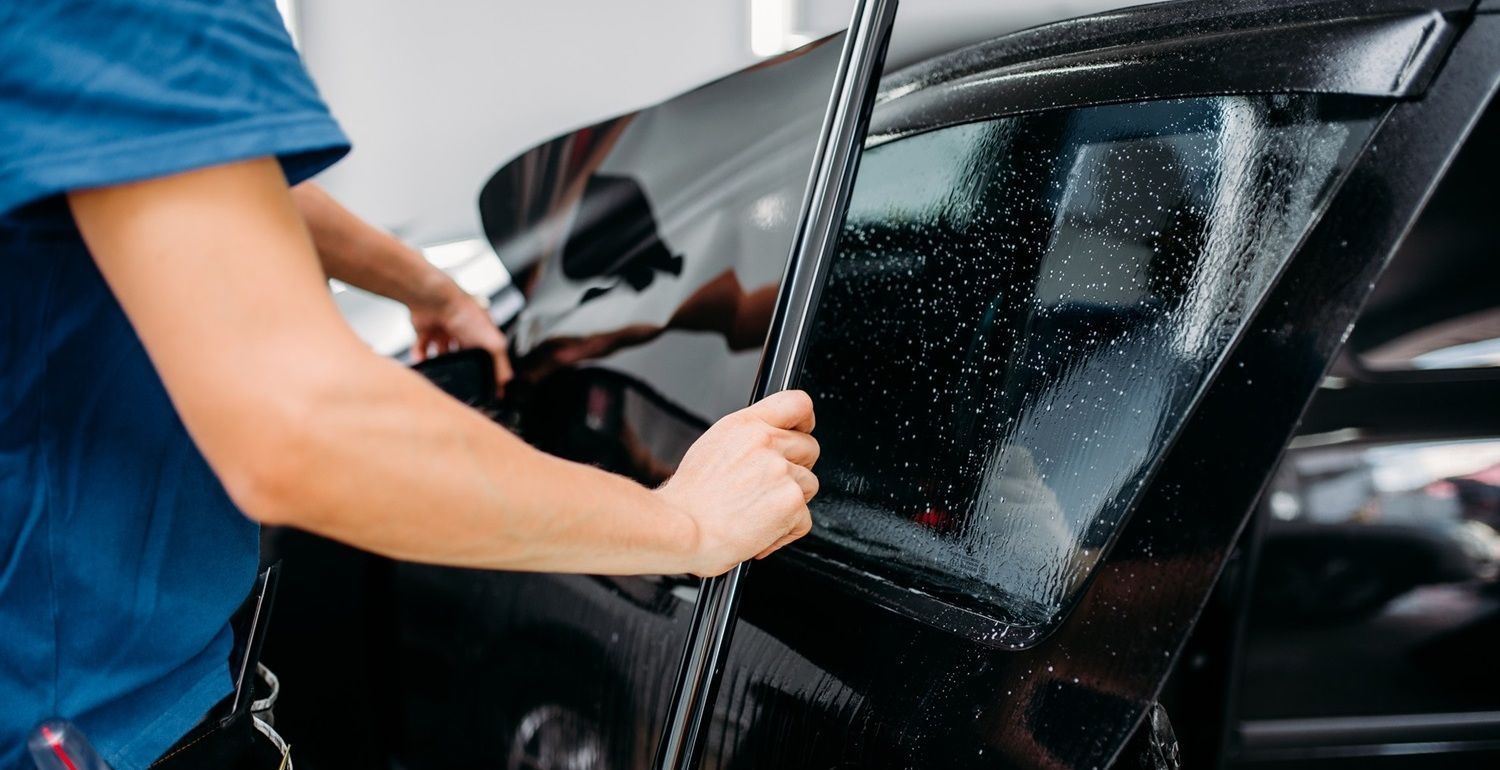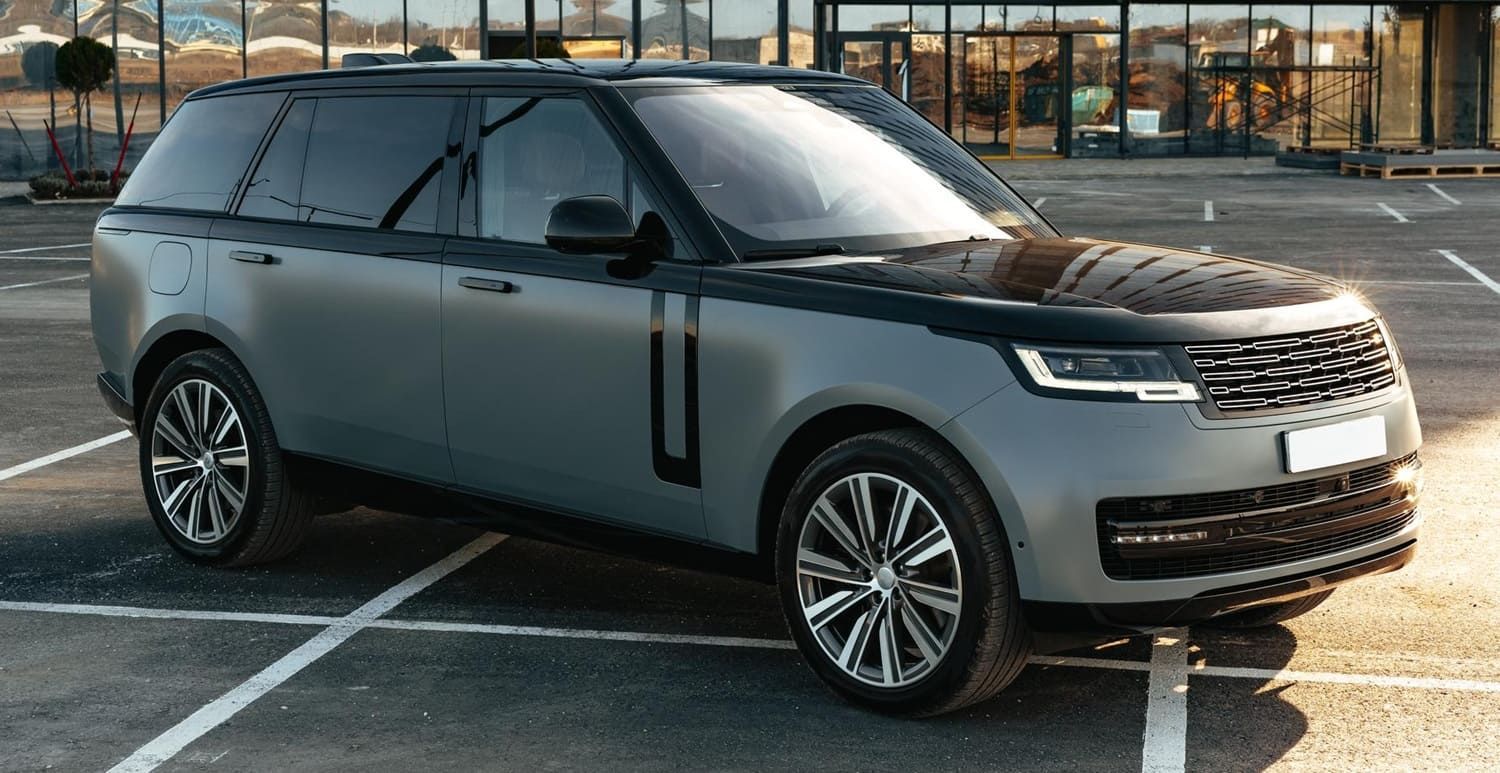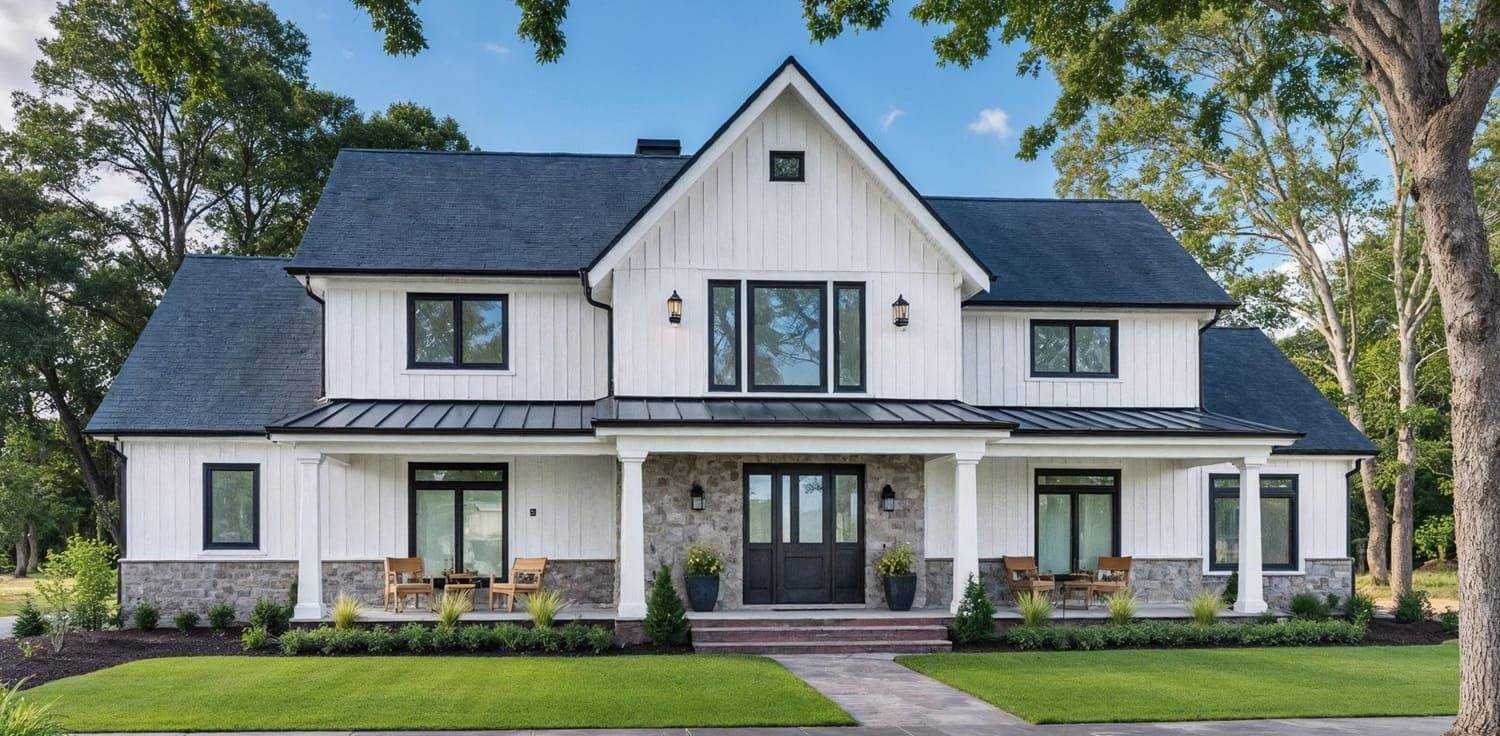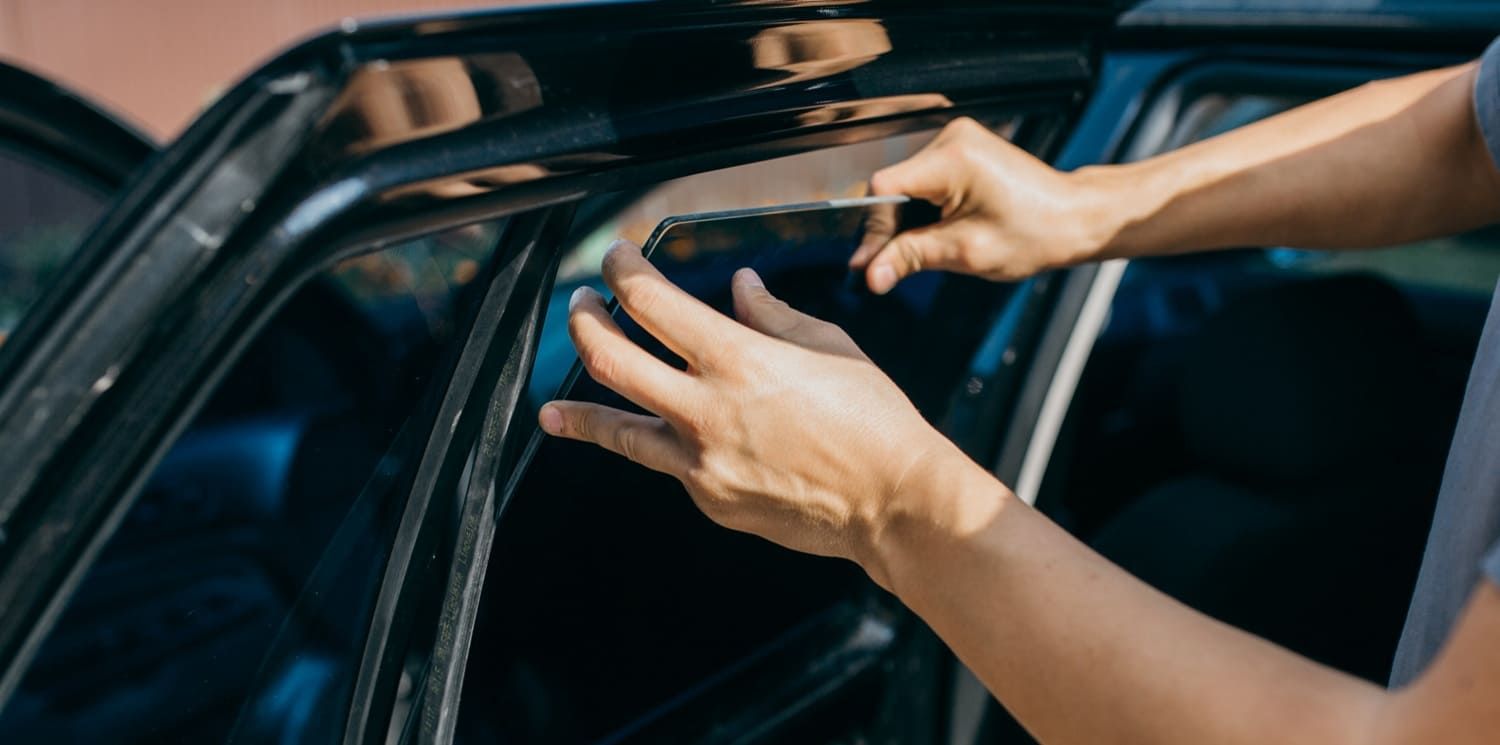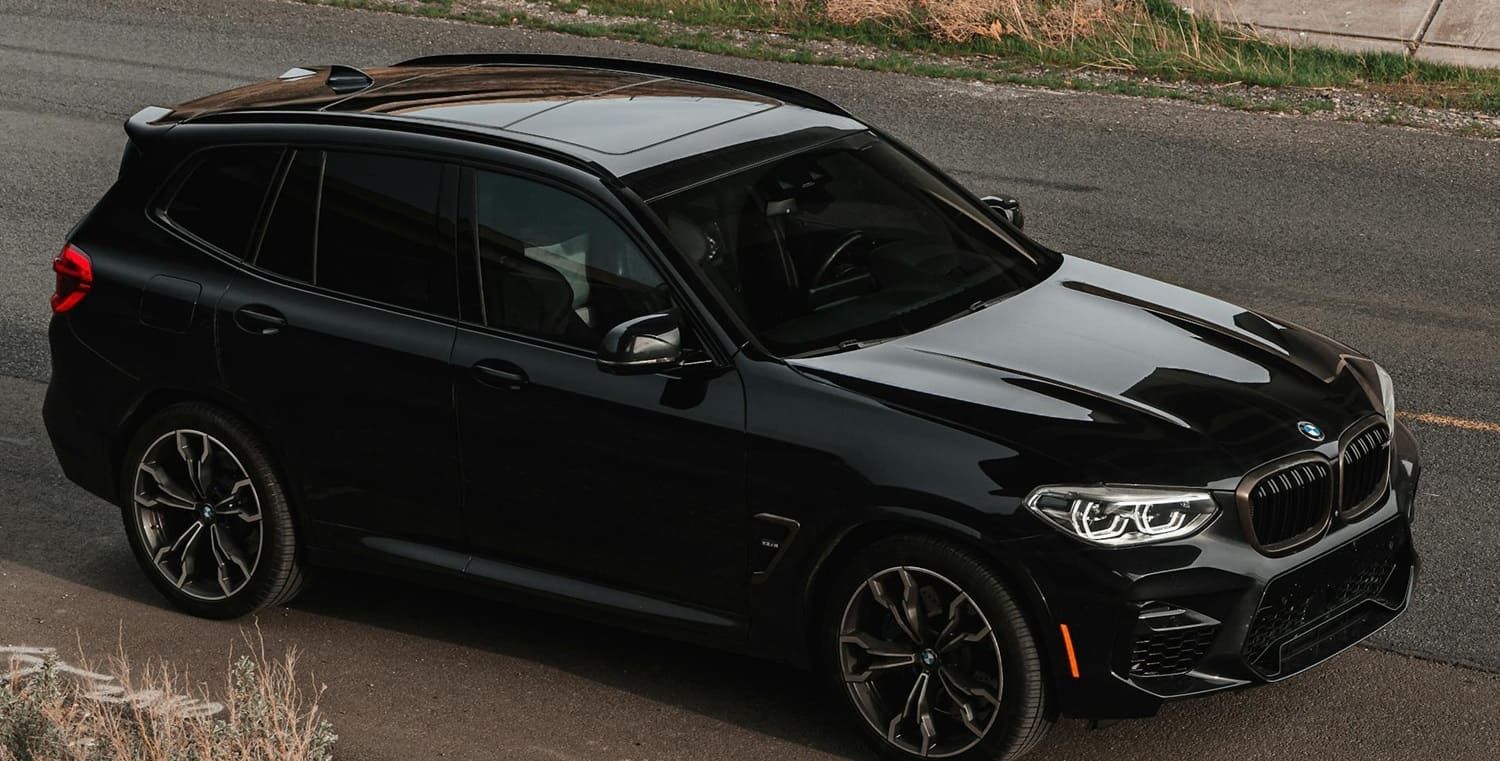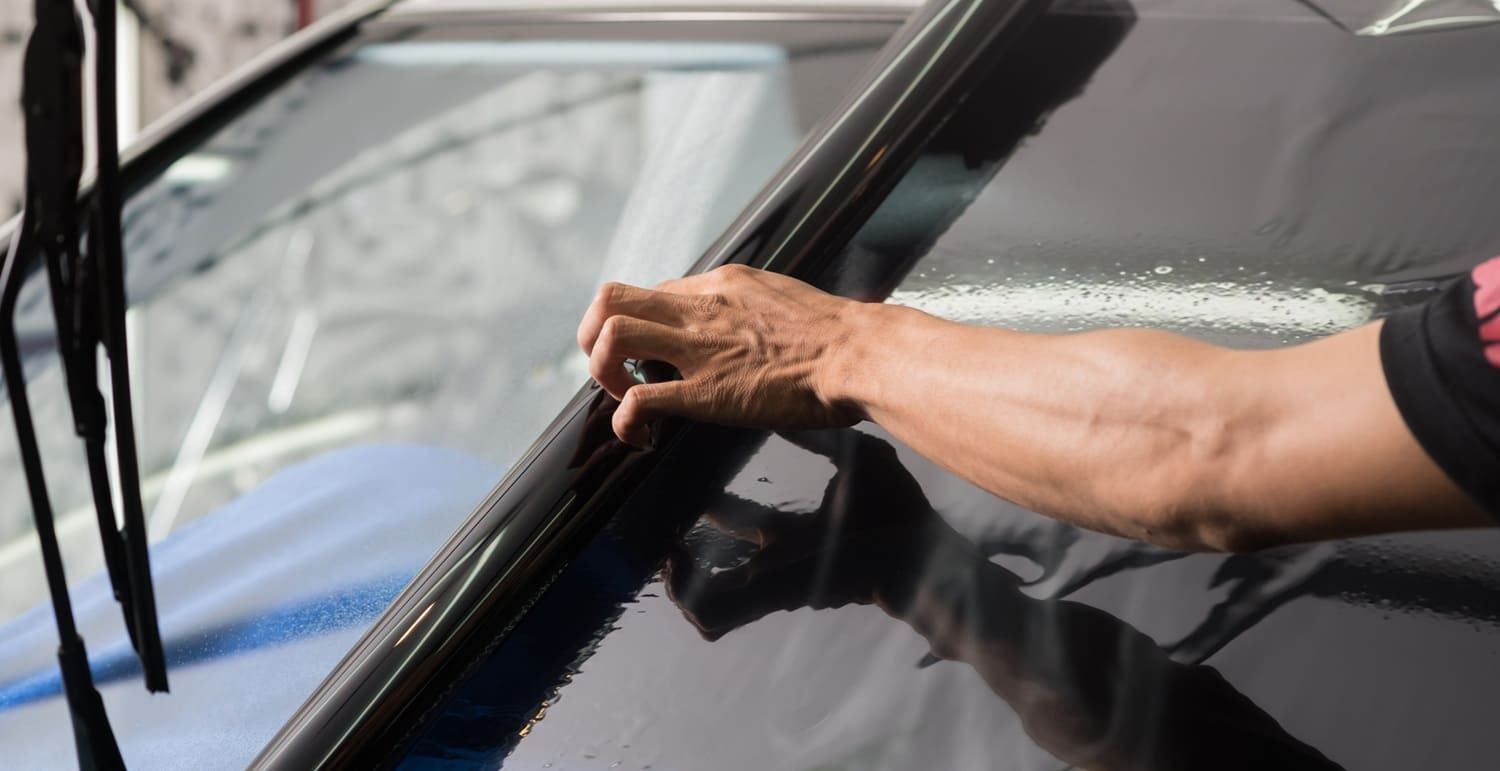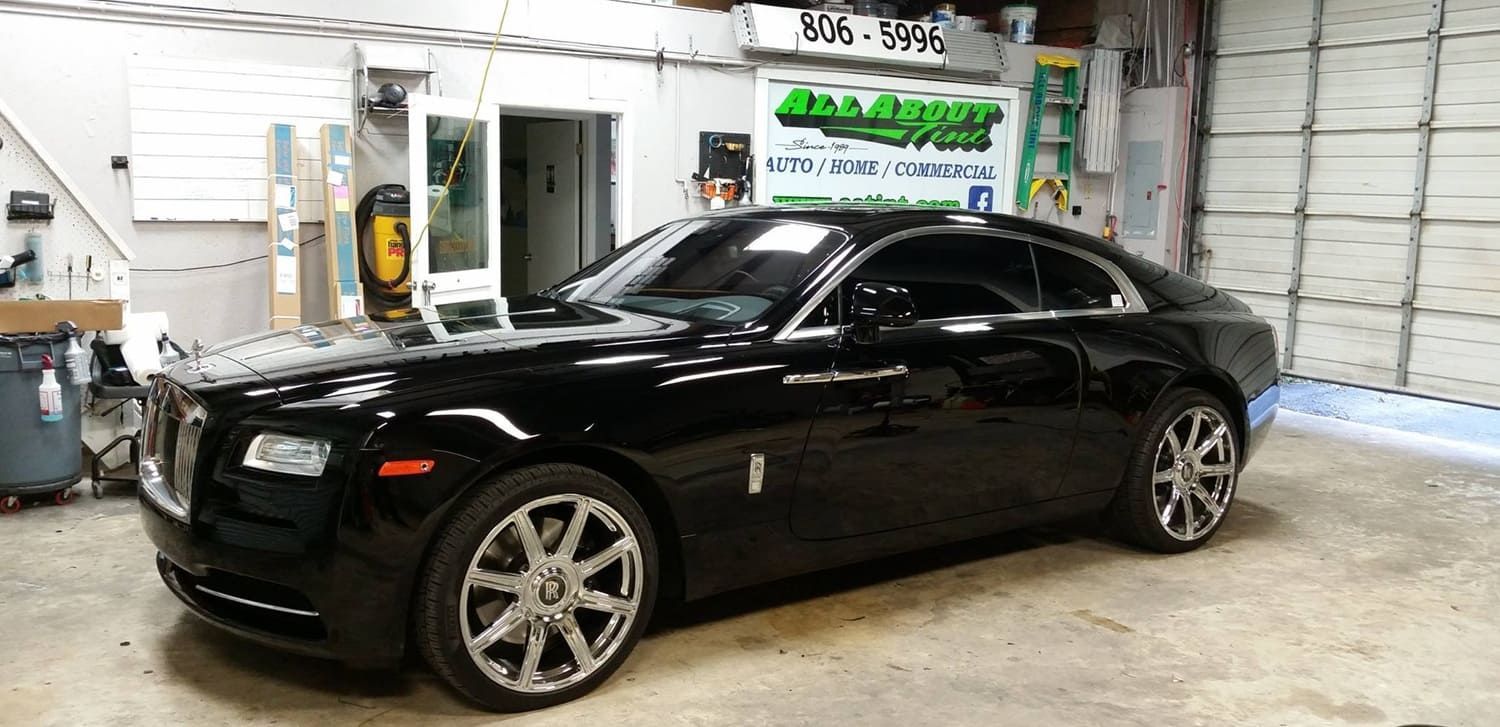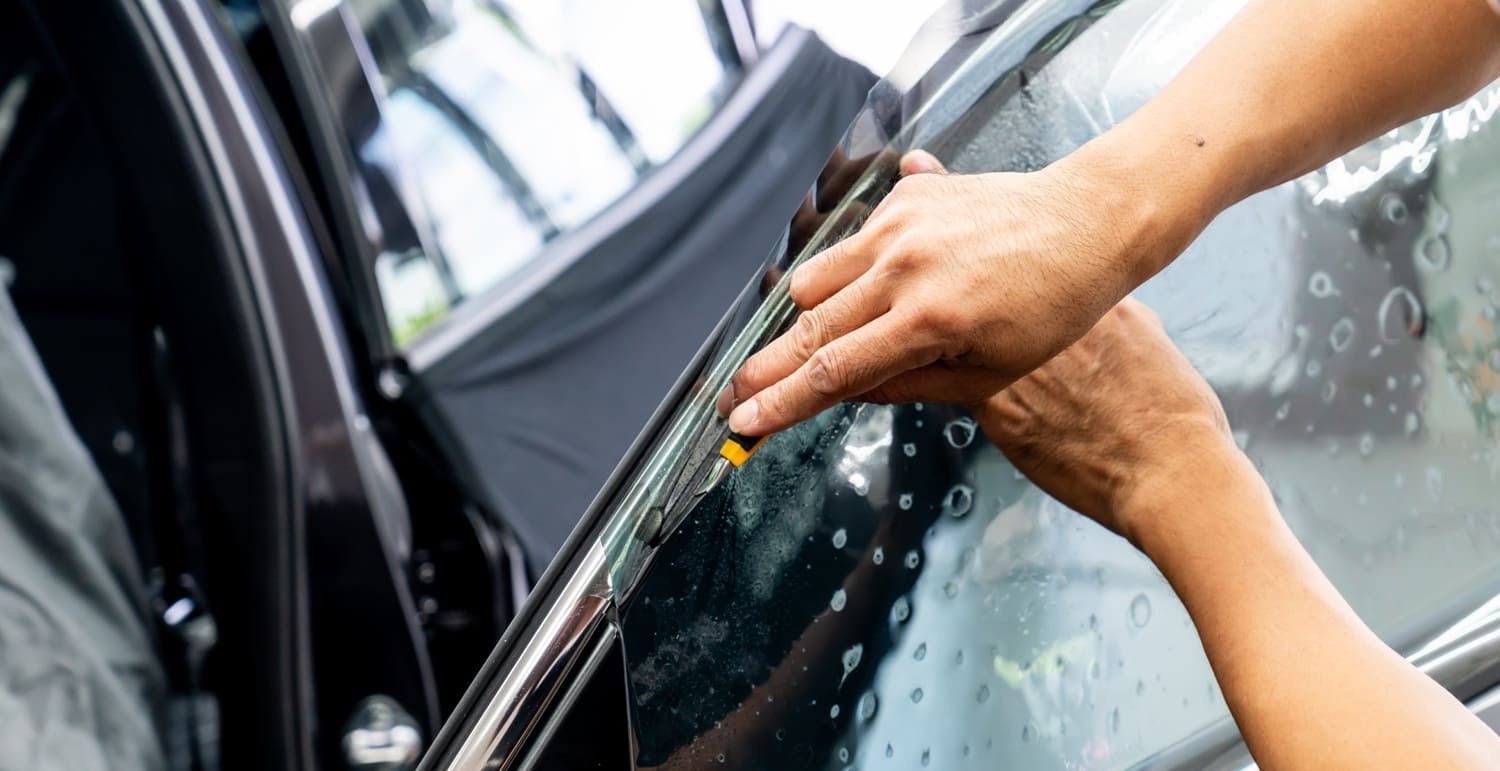Llumar Car Window Films: Legal Tinting Requirements
Are you interested in investing in tinting your car's windows? Click here to find out about Llumar window films and learn the legal tint limit in Florida.
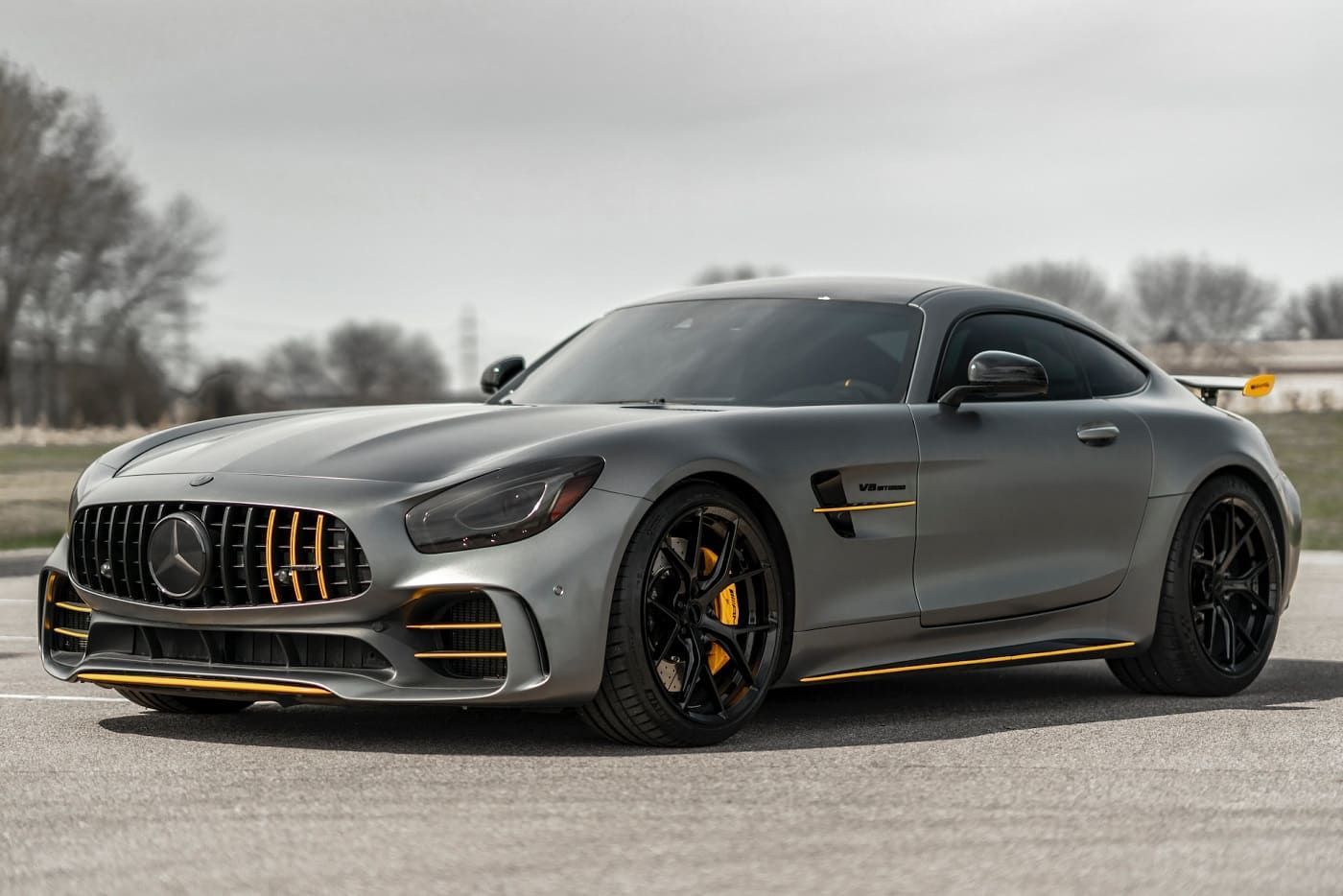
Here in Florida, the heat is no joke. The Sunshine State has always been known for its warm weather, but our rising temperatures are becoming more dangerous each year.
With more frequent heat waves, experts believe heat-related illnesses may be on the rise. Even your car might not shield you from the scorching sunlight.
Fortunately, there's an easy way to beat the heat when you're on the move: window tint. This powerful technology may be just a few millimeters thick, but it goes a long way toward cooling down your car.
Of course, that's only true if you follow the legal tint limit in Florida. Grabbing the wrong LLumar window film can cost you, and no one wants to get hot-headed over high fines! If you're ready to keep your ride cool without breaking the law, here's what you should know about your window tint options.
Understanding Window Tint
When we talk about tinted windows, we express the total darkness as a percentage. This percentage is the amount of light that can pass through a window. Another way of saying this is "visible light transmission," or VLT.
When you buy tint from LLumar and other brands, you'll see this VLT on the product's marketing.
The higher the percentage, the more light passes through your car's windows. Lower VLTs create darker windows.
For reference, the average VLT of a factory window tint is around 15-20%. Keep this number in mind, as it has to factor into the equation if you install a new window film with a different VLT to darken your windows. Your window tint specialist can help you understand how the final VLT will look.
In Florida, the law prioritizes driver safety and restricts the legal darkness of a car window. This increases drivers' visibility, making it easier to see on the road.
The Legal Tint Limit in Florida
The legal tint requirements differ depending on the type of vehicle you have and the type of tint you want to install:
Darkness Tint Limits
Sedans can only use non-reflective tint, and this tint must sit above the manufacturer's AS-1 line, which lies at the top few inches of your windshield. The front side windows must have a VLT of 28% or higher. The back and rear side windows must have a VLT of 15% or higher.
Like sedans, SUVs and vans can only use non-reflective tint above the vehicle's AS-1 line. The front side windows must have a VLT of 28% or higher. The back and rear side windows can get very dark, with a minimum VLT of just 6%.
Reflective Tint Limits
If you want to use a reflective tint to block light and glare, you'll have to follow additional laws. For all vehicles, you can have a maximum reflection of 25% for the front side windows and 35% for the back side windows. Again, the front windshield cannot have any reflection at all, no matter the vehicle type.
Penalties for Illegal Window Tint
In Florida, having a window tint darker than the legal limit is a primary offense. The law categorizes it with other non-criminal, non-moving violations. This means a police officer can pull you over and ticket you if they notice your car has a dark tint.
The fine for a window tint violation will cost you around $116, depending on where in the state you live. Keep in mind that a police officer may also give you a ticket for each window that does not follow your local tinting laws. If you fail to make changes to your ride after your first ticket, any following tickets for the same violation may get more expensive.
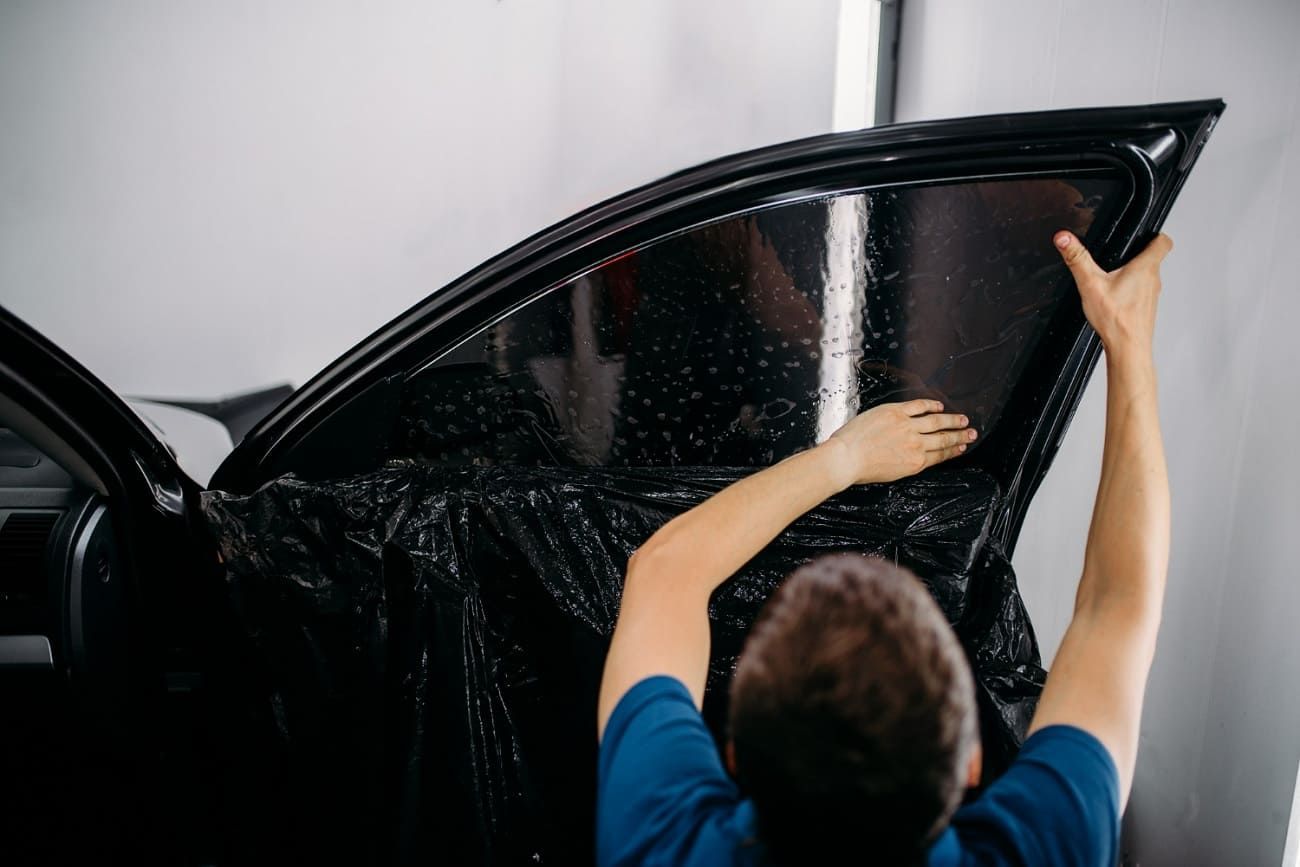
Exemptions to Window Tint Laws
Certain drivers may be eligible for a darker LLumar window tint than the laws typically allow.
If you have conditions like lupus, vitiligo, and dermatomyositis, you may be able to get a medical exemption for darker windows. You'll need to work with your doctor and fill out the right paperwork to get a medical exemption certificate. You may also have to pay a fee.
Many law enforcement vehicles can also get exclusions, including undercover or canine law enforcement vehicles. The same is true for licensed private investigators.
In all of the cases above, you can get a minimum VLT of 5%.
Additional Considerations
Depending on the window tint systems you use on your ride, there may be other laws you need to follow.
If you tint any of your rear windows, you have to have dual side mirrors. This helps improve the driver's visibility by covering any blind spots the darker tint creates.
In addition, Florida does not allow colored window tint of any kind. Black or translucent tints are the only tint shades you can use.
You should also keep in mind that Florida law does not require window tint manufacturers to certify their window film. This is why it's a good idea to stick with nationally recognized brands like LLumar, which has a reputation for high quality. Working with seasoned window tint experts can also ensure you're getting a superior installation.
Last, be sure to consider the legal limits in other states where you plan to drive your car. If you often travel for work or take long road trips on vacation, your car's window tint must be legal in every state where you will drive. When in doubt, install a tint with the highest possible VLT to adhere to the laws in all areas of your trip.
Keep in mind that Florida's tinting laws can change, and different counties may interpret these laws in different ways. Reach out to your local law enforcement authorities if you have questions about your tint.
Choose the Florida Tinting Specialists
Finding the right window tint for your ride can be tricky. Not only do you have to weigh your personal preferences, but you also have to ensure your vehicle matches the legal tint limit in Florida. It's a delicate balancing act that can be hard to figure out on your own.
That's where we come in! Our team of Florida tinting specialists has years of experience installing high-quality LLumar window tint for countless local drivers. We'd love to help you get the perfect window tint for your needs.
Call All About Tint today at (904) 806-5996 or fill out our online form for a free estimate.


